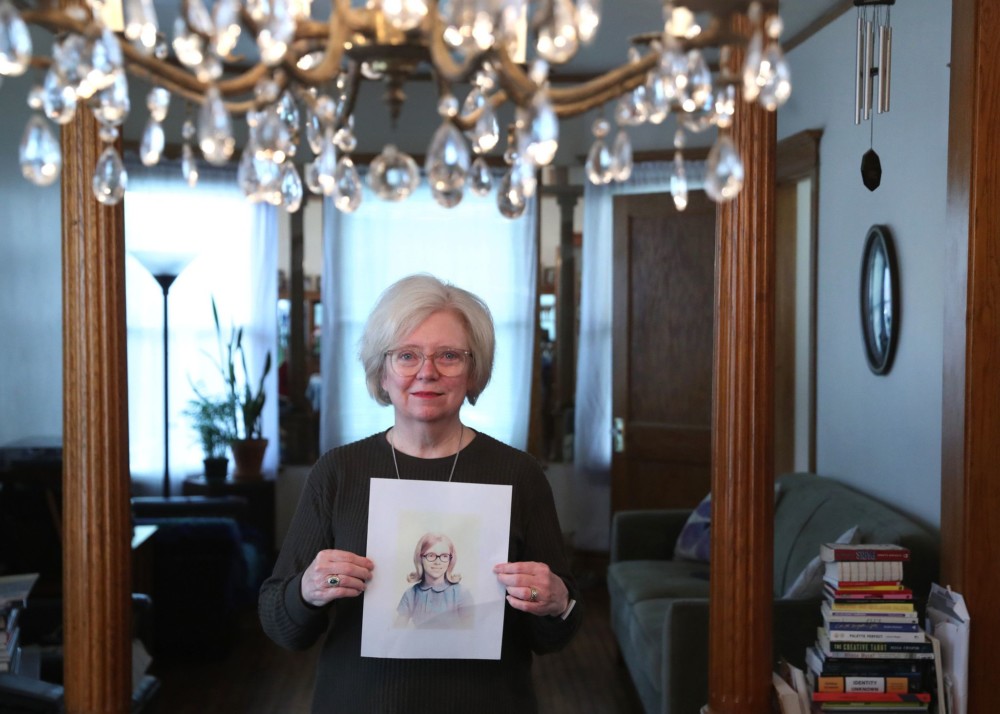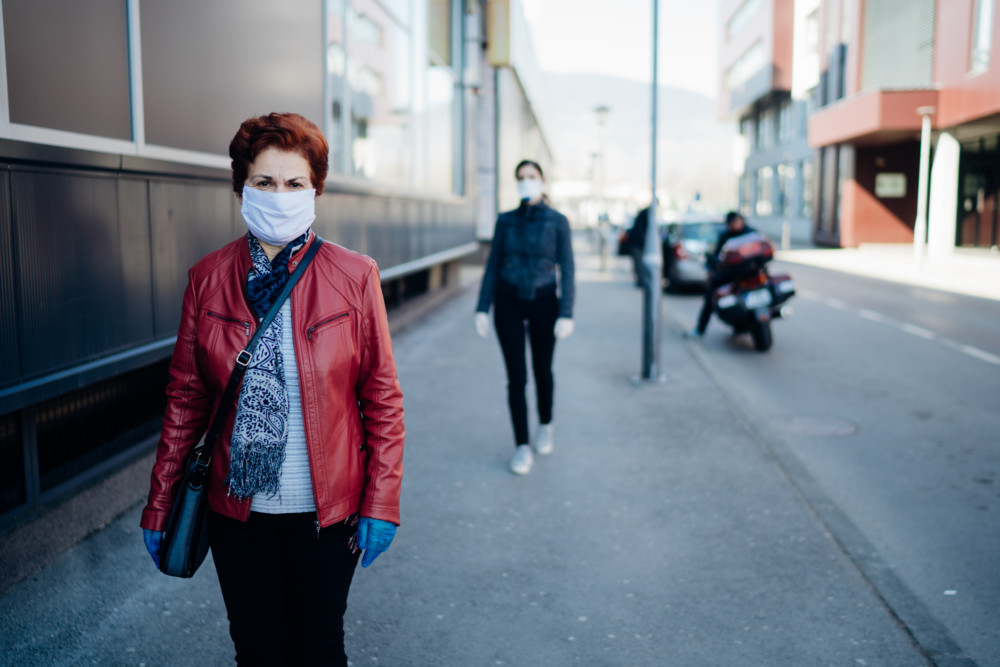By Heidi Stevens
Chicago Tribune
WWR Article Summary (tl;dr) Members of a high school class that graduated in 1970 are writing letters of encouragement and hope to graduating seniors who are missing their final year of high school.
Chicago
Viki Noe was three weeks from graduating high school when the Ohio National Guard opened fire on a crowd of Kent State University students protesting the Vietnam War, killing four and injuring nine.
Hundreds of colleges and universities around the United States closed down temporarily. The country was still reeling from the assassinations of Martin Luther King Jr. and Robert Kennedy. A childhood friend of Noe’s was killed in Vietnam.
“There was this sense that you’re about to graduate from high school and you’re about to go to college and it’s not safe, it’s not safe, it’s not safe,” Noe said. “It was absolutely terrifying.”
She remembers hearing people say the National Guard should have killed more students. Her dad made her promise to never attend a protest once she got to Webster College. Fear and uncertainty hung like fog.
Noe, an author who lives on Chicago’s Northwest Side, attended Nerinx Hall High School, a private Catholic all-girls high school in Webster Groves, Missouri. She and her classmates graduated and went on with their lives for the next five decades, staying in touch through the usual channels. One classmate, Carol Demitz, was killed in the Sept. 11 terror attacks. She was the chief corporate lawyer for Fiduciary Trust.
The class of 1970 planned to discuss all of this and more, face-to-face, on June 5, when they were scheduled to gather on Nerinx Hall’s campus for a 50th reunion.
But the coronavirus upended those plans. The reunion was postponed, and the alums shifted their focus to the class of 2020 — the young women graduating this month, with a different sort of fear and uncertainty hanging like a fog.
“There’s often a tendency to say things like, ‘Oh, I know how you feel,’” Noe said. “I have no idea how they feel. Our graduation was not canceled. Our final exams were not canceled. Our prom was not canceled. So I don’t know how they feel. But I hope I can help them understand that everyone goes through traumatic times, and it’s how they respond to those times that’s important.”
Jan Hayes, a classmate of Noe’s who became a member of the Sisters of Mercy of the Americas, wrote a letter to the 142 graduating seniors on behalf of the class of 1970. She quoted Catherine McAuley, founder of the Sisters of Mercy: “This is life, joys and sorrows mingled, one succeeding the other.”
“For these younger women, this is a huge loss,” Hayes said. “We wanted them to know, ‘We hear you. This is big. It would’ve been big for us.’ But dark times can make the good times even brighter. You adapt. You lean on each other and you adapt. I’m so sad they have to learn it this way, but it’s a poignant lesson.”
Liz Millikan, director of alumnae relations at Nerinx, created a spreadsheet for each member of the class of 1970 to adopt a member of the class of 2020 and write her a personal letter.
“We are about faith, community, justice and respect,” Millikan said. “And community is the biggest part of that right now.”
Noe wrote about her turbulent senior year in her letter. She wrote about the friendships formed at Nerinx and how they’ve sustained her during other turbulent times in her life.
“Try to remember that your accomplishments have not vanished,” she wrote. “Nothing can take that away from you. You still have a lot to be proud of and a lot to look forward to. … Again and again, you will turn to the lessons of faith, love, compassion and resilience that you learned at Nerinx — and you will turn to the friends who shared those lessons with you. May they lift you up and guide you through good times and bad. Remember that we see you and we love you.”
Millikan collected every letter and packaged them with a copy of Hayes’ letter, which she rolled into a scroll and tied with green ribbon. She placed the letters in baggies with each girl’s senior pin. On Friday evening, the seniors were invited to drive to campus, where the faculty was lined up to applaud them. Millikan, wearing a mask, handed each girl her baggie through a car window.
“I don’t know that I would’ve listened to someone from the class 50 years ahead of me,” Noe said. “At the end of every year they would make this big deal out of the graduates from 50 or more years ago and I remember those women would come to campus and they looked so old. I thought, ‘I’m never going to look like them.’”
Maybe the letters will mean more to the girls’ parents than the girls themselves, Noe said. Maybe they’ll set the letters aside and read them later.
“They may not mean anything in the midst of all of this,” she said. “But we wanted them to know that we see them. And we’re there to support them in their loss. That’s the whole thing about grief. The most powerful thing you can do for someone who’s grieving is acknowledge it. You don’t have to fix it. Knowing someone sees you and is willing to listen can mean the world.”
As I search for a way forward during this pandemic, I find myself looking for guidance in the narratives and perspectives from history. Even if the circumstances don’t mirror each other exactly, it’s instructive to see how humans endure and are shaped by the trials they live through. I’m hungry for those examples. I’m grateful for the people who share them.
I have a feeling the Nerinx graduates — like so many of the 2020 graduates whose communities are banding together to find creative ways of celebrating and supporting them — will feel the same. Maybe now, maybe later. Maybe both.
“This is life, joys and sorrows mingled, one succeeding the other.”
Join the Heidi Stevens Balancing Act Facebook group, where she continues the conversation around her columns and hosts occasional live chats.
___
Distributed by Tribune Content Agency, LLC.















































































































































































































































































































































































